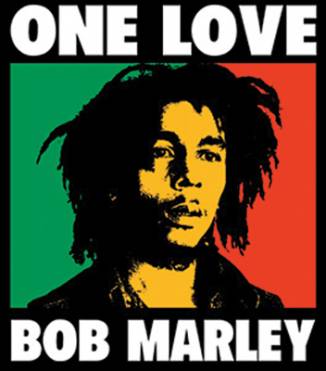Bob Marley: Songs of Freedom
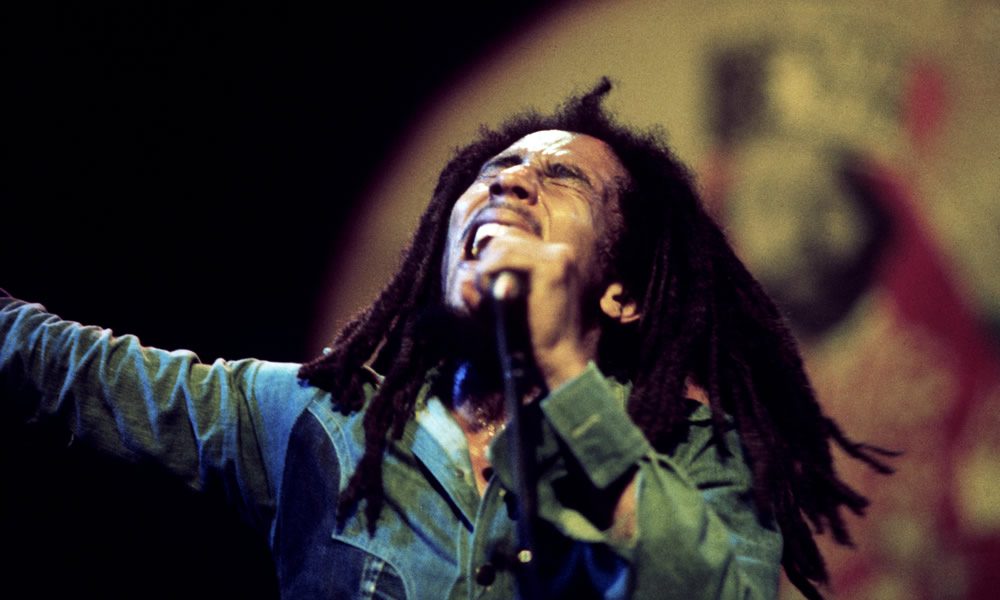
Thesis Statement
Bob Marley was the most influential Musician of his time because of his unique style of music through storytelling in order to evoke social change in Jamaica
Artist History
Robert Nesta Marley was born on February 6, 1945 in the small rural village of “Nine Miles” in St. Ann Parish Jamaica. His father, Norval Marley was a superintendent for the British government in which he watched over the plantations in Jamaica. There, he met Marley’s mother Cedella who was very young at the time. Cedella, convinced that her and Norval would get married was accepting to birthing Marley. However, soon thereafter, the pair drifted apart which resulted in the absence of Marley’s father. Marley’s bi-racial background give him a unique perspective of society and the way in which race plays. He developed this opinion at a young age, which was soon reflected in his music later on, where he wrote about the need for social justice and change. He believed that if human beings were not willing to stand together, then we would fail to stand all together. Marley soon moved to Kingston with his mother where they resided in Trench town. At the time, Kingston was undergoing a lot of violence with multiple gangs under tension in the streets. Marley’s mother worried that raising Marley in an environment like this and feared that he would get used to a ghetto lifestyle. However, Marley did not want to escape this land. Instead he wanted to tell its story and he did through his music. Throughout his years, Bob gathered a love for music.
Professional Career & Social Involvement
Marley began his music journey alongside his friend Neville Livingston. Livingston influenced him to learn to play the guitar and the two impacted each other’s music journeys. They soon created a group together, adding people such as Peter Tosh and Joe Higgs. They were known as the Wailers. Through their music, they were able to cry out from the ghetto they were living in, telling the story of gang violence and disruption of the city. Their music was impactful because they were writing about what they were going through and what they were witnessing. A lot of people at the time were not expecting people from their status to be making it this far. This style of music with storytelling is what guided Marley into the unique songwriting that he is famously known for. The groups first Single “Simmer down” hit the top of the Jamaican charts in January of 1964.
The group soon drifted apart due to various conflicts amongst the group members. In the meantime, he moved to the United States to be with his mother where he met his wife Rita Anderson. During his eight months in the United States, he developed an interest in Rastafarian movement which started in Jamaica in 1930. Its purpose is to symbolize the expression of independence, solidarity, racial pride and peace. Rastafari promotes love for all living things. Marley used these ideologies in his music in order to evoke peace amongst those in Jamaica. It is safe to say that these ideologies are what influenced him in his musical journey. Returning to Jamaica, the Wailers got back together and soon signed a contract with Island Records. They came out with their song “Catch a Fire “and their second album “Burnin” featured their famous song “I shot the Sheriff”. Marley went on to continue with the album “Natty Dred” after member Peter Tosh departed from the group, becoming one of Marley’s contemporaries. The album as a whole conveyed the political tension that Jamaica was facing at the time. His most impactful piece of work was titled “War” which was a cry for freedom of oppression. Each song told a story in it’s on way either from the perspective of Marley himself or a witness of the experience being told in the song. Marley’s main goal was to help others around him, “I can be beneficial to people” he says.
When Marley’s career began to take off, Jamaica was facing one of its worst periods of violence as the election for the new prime minister neared. It was fight against the democratic view and the socialist view. Most of Marley’s songs reflected on what he was witnessing in Jamaica. In an attempt to regain peace in the country, Marley and his team members proposed to do a “love concert” to bring the citizens together. However, the outcome of this news was far from positive. An eruption of suspicion concurred as many people believed that this concert was a cover up for Marley trying to team up with the government. This led to the attempted murder towards him, when Marley and his group mates were shot at in his home during a night of rehearsal. Marley, feeling unsafe moved to Europe, where he toured and gained even more fame with his popular songs, “Three little birds”, “Get up Stand up” and more. As tensions finally began to decrease in Jamaica years later, Marley returned where he finally succeeded in his plan of having the “love concert”. This concert was seen to be historic, as Marley preached the practices of Rastafarist through his music. His stage presence and overall love for every human being on the audience influenced many. One of the greatest moments of the night was when Marley invited both candidates for prime minister on stage, joined their hands, and showed everyone suffering in the crowd a symbol of hope and peace.
Contemporaries
Some of Marleys Contemporaries included Peter Tosh, Bunny Wailer, and Jimmy Cliff. At the time, all of these musicians were popular for their reggae music. Also, someone who influenced Marley heavily is Joe Higgs

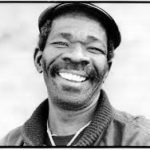
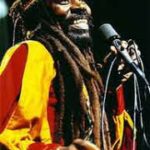
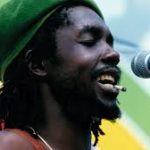
Awards
Rock & Roll Hall of Fame
1994
Order of Merit Award
1981

Grammy Lifetime Achievement Award
2001
Peace Medal of the Third World
1978
Conclusion
The legacy of Bob Marley continued for years even after his death on May 11, 1981. His music represented a cry for freedom, the hope for change, and the lifting and unifying of people. Marley’s music is heard later throughout history including during various social movements because his music along with himself, symbolized freedom and peace. His work resulted in his induction into the Rock & Roll Hall of Fame in 1994, granted him the “Peace Medal of the Third World” from the United Nations in 1978, and the Grammy Lifetime Achievement Award in 2001. Bob Marley’s legacy will never die. His impact on the social reconstruction of Jamaica alongside all he endured during his journey, will forever resonate through his music.
Discography
Catch a Fire (1973)
Three Little Birds (1977)
No Woman No Cry (1974)
Could you Be Loved (1980)
Jammin’
Buffalo Soldier
Get up Stand Up (1973)
Stir It Up (1973)
War (1976)
Concrete Jungle (1973)
Satisfy My Soul (1978)
I Shot the Sheriff (1973)
Trenchtown Rock (1973)
Redemption Song
Ride Natty Ride (1979)

Bibliography
editors, Biography.com. “Bob Marley.” Biography.com, A&E Networks Television, 18 Aug. 2020, www.biography.com/musician/bob-marley.
White, Timothy. Catch a Fire: the Life of Bob Marley. St. Martin’s Griffin, 2013.
Jenkins, Mike. “Bob Marley.” New England Review and Bread Loaf Quarterly, vol. 10, no. 4, 1988, pp. 464–464. JSTOR, www.jstor.org/stable/40241984. Accessed 5 Oct. 2020.
Gilmore, Mikal. “The Life and Times of Bob Marley.” Rolling Stone, Rolling Stone, 6 Feb. 2020, www.rollingstone.com/music/music-news/the-life-and-times-of-bob-marley-78392/.
“Bob Marley, Postcolonial Sufferer.” What’s My Name: Black Vernacular Intellectuals, by Grant Farred, NED – New edition ed., University of Minnesota Press, Minneapolis; London, 2003, pp. 215–274. JSTOR, www.jstor.org/stable/10.5749/j.cttts78d.8. Accessed 5 Oct. 2020.
“ReMastered: Who Shot the Sheriff.” Netflix Official Site, 12 Oct. 2018, www.netflix.com/watch/80191047?trackId=13752289.
Hsu, Hua, et al. “Manufacturing Bob Marley.” The New Yorker, www.newyorker.com/magazine/2017/07/24/manufacturing-bob-marley.
